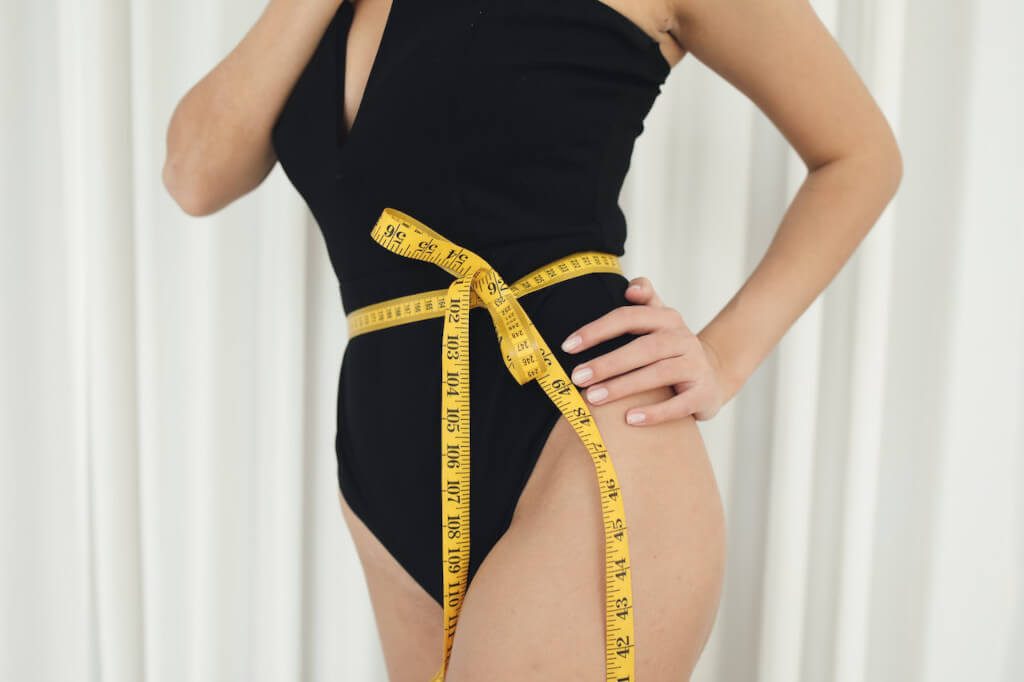The debate around the permissibility of keratin hair treatments continues to stir controversy in the South African Muslim community, years after initial concerns were raised. At the core of the debate lies the question of whether these treatments comply with Islamic bathing rituals such as wudu (ablution) and ghusl (obligatory bathing). While keratin products offer undeniable convenience and efficacy in hair straightening, their compatibility with religious practices remains contentious.
The Origin of the Controversy
The controversy first surfaced when concerns were raised about Brasil Cacau, one of South Africa’s most popular keratin-smoothing brands. Initial investigations by the South African National Halaal Authority (SANHA) suggested that the product formed an impermeable coating around the hair cuticle. If true, this would invalidate wudu and ghusl since water would not reach the hair shaft, a requirement for proper ritual cleansing.
However, hairstylists and users countered these claims, arguing that the product does not render the hair water-resistant. They reported that water absorption is still noticeable during bathing, suggesting that the treatment is permeable and should not conflict with Islamic practices.
The Muslim Judicial Council (MJC) later weighed in, approving the use of keratin treatments based on their findings. According to the MJC, as long as water can reach the scalp during ghusl, the treatment does not pose a conflict with Islamic rituals.
Much of the confusion stems from the chemical makeup of keratin treatments. Hair is naturally composed of keratin, and the keratin used in professional treatments is often derived from plant sources like wheat or animal products such as hydrolyzed keratin from sheep’s wool. Critics initially feared that synthetic compounds in the treatment, such as parabens, might create an impervious barrier. However, experts note that professional keratin treatments do not typically contain such compounds.
To test permeability, experts suggest a simple experiment: if water beads off the hair without soaking through, it may indicate an impermeable barrier. However, users of keratin treatments report that their hair does indeed absorb water during bathing, debunking claims of impermeability.
The Role of Religious Advisory Bodies
SANHA and the MJC play crucial roles as advisory bodies within the Islamic community, offering guidance on the permissibility of various products. SANHA clarified that it does not legislate or enforce bans but provides advice to help Muslims uphold their religious obligations. The MJC, after its own investigations, affirmed that keratin treatments do not inherently conflict with Islamic practices. However, the ultimate decision still lies with individuals. Muslims who remain uncertain about the treatment’s permissibility are encouraged to err on the side of caution and avoid its use.
For many, avoiding keratin treatments creates a practical and financial challenge. Keratin smoothing treatments are prized for their longevity and effectiveness, offering frizz-free, straightened hair for months at a time. Alternatives, while available, often come at a higher cost and lack the durability of keratin-based solutions. This forces consumers to weigh the benefits of convenience and affordability against personal religious convictions.
The debate over keratin hair treatments remains unresolved for some. While bodies like the MJC have approved their use, the differing opinions among religious authorities and the evolving nature of haircare products keep the conversation alive. For those who prioritize religious adherence, the choice is clear: avoid keratin treatments and seek alternatives. For others, the evidence supporting water permeability and expert approval offers reassurance.
Other Beauty Products Caught in the Halaal Crossfire
The debate surrounding keratin hair treatments is not an isolated case. Many modern products and practices have raised questions about their compatibility with Islamic guidelines. Here are a few equally contentious items that straddle the line between being considered halaal or not:
Nail Polish and Breathable Formulas
Nail polish has long been a point of contention in Islamic practices, as traditional formulas create an impermeable layer that prevents water from reaching the nails during wudu. In recent years, “breathable” nail polish has gained popularity, with manufacturers claiming that it allows water and oxygen to pass through.
However, not all breathable formulas meet religious standards, as permeability tests often vary. Some religious authorities accept certain brands as halaal-friendly after conducting their own permeability tests, while others remain skeptical. This has left Muslim women navigating conflicting opinions, often opting to remove nail polish entirely before performing wudu as the safest course of action.
Collagen Supplements and Beauty Products
Collagen, a popular ingredient in beauty products and dietary supplements, poses another dilemma. Derived from animal sources such as bovine, porcine, or marine origins, collagen may be considered non-halaal if it comes from pigs or animals not slaughtered according to Islamic rites.
Marine-sourced collagen offers a potential solution, as it is typically derived from fish. However, verifying the source remains a challenge for consumers, particularly with unregulated or imported products. This has led to increased demand for certified halaal collagen products, but the availability remains limited in many regions.
Perfumes Containing Alcohol
Perfumes and fragrances are another gray area in halaal compliance. Many traditional perfumes contain denatured alcohol as a solvent, which raises concerns for some Muslims. While the alcohol in these products is not consumable, the use of alcohol-based products has divided opinions among religious scholars.
Some argue that denatured alcohol is permissible as it is chemically altered and no longer considered intoxicating, while others recommend avoiding such perfumes altogether. This ongoing debate has led to the rise of alcohol-free perfumes marketed specifically to the Muslim community, though they often come with a higher price tag.
Gelatin in Food and Medicine
Gelatin, commonly used in food products like jelly sweets and capsules for medicine, continues to challenge halaal standards. Much like collagen, gelatin’s permissibility depends on its source. If derived from pigs or animals not slaughtered according to Islamic guidelines, it is considered haram.
The pharmaceutical industry, in particular, struggles with this issue, as gelatin-based capsules are widely used. Efforts to create plant-based or halaal-certified gelatin alternatives are growing, but these products remain less accessible and more expensive.
Hair Dyes and Ingredients
Hair dye, while widely accepted as permissible in Islam, becomes contentious when certain ingredients or application processes are involved. Some dyes contain animal-derived ingredients or alcohol, raising concerns about their halaal status. Additionally, products marketed as “permanent” dyes may be scrutinized for forming an impermeable layer that could interfere with wudu, similar to the keratin debate.
These examples highlight the complexities of applying traditional religious guidelines to modern products. For consumers, the key lies in due diligence: researching ingredients, consulting trusted religious authorities, and opting for certified halaal products whenever possible. While debates will undoubtedly persist, the growing demand for clarity and certification underscores the importance of aligning contemporary needs with Islamic principles.
The evolving marketplace continues to present new challenges, but with greater awareness and innovation, the gap between tradition and modernity can be bridged, offering peace of mind to Muslim consumers worldwide.



